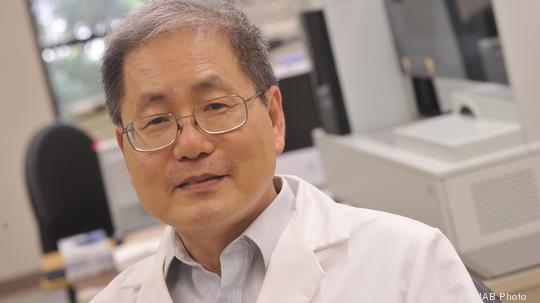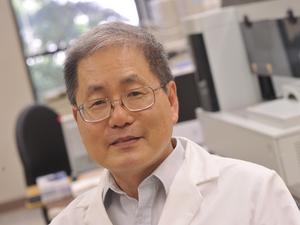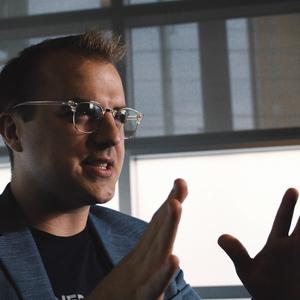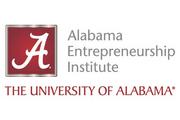
Birmingham-based SunFire Biotechnologies, which started as a one-employee operation in 2019, is outgrowing its space in Innovation Depot for the second time.
The company began as a contract research organization. It provides support services for companies that are developing vaccines by creating assays that help companies determine if their vaccines are safe and effective.
The company was started by three main founders; Dr. Moon Nahm, who developed and invented multiple assays, previously headed the National Institutes of Health RPRC reference laboratory and is currently the director of a World Health Organization reference laboratory; Robert Burton, who worked in the Nahm laboratory at the University of Alabama at Birmingham for almost 20 years before retiring to start SunFire; and Deborah Bidanset, who joined the UAB Institute for Innovation and Entrepreneurship as program director and licensing associate in 2004 and has managed Nahm’s IP portfolio for more than 10 years.
Additional founders include Taehea Nahm and Phil Fernsten.
Though the company was founded on the brink of the Covid-19 pandemic in April 2019, it has defied the odds.
Last year was profitable for the company, which has grown to five full-time employees and two part-time employees. And because the company is already garnering commercial interest in an assay it is currently developing, it is looking to hire one or two more people.
“The reagents to do this assay that we license from (UAB) and we transferred over from the university, there’s a huge demand for that assay,” Bidanset said. “The assay is a functional immunogenic assay that supports vaccine development. ... Many companies are developing their next-generation vaccines at this point, and they need the functional assay to determine the efficacy of their vaccines.”
In 2021, SunFire more than doubled its space in Innovation Depot, going from one laboratory space to two laboratory spaces and an office. Now, Bidanset said the company is looking to expand its space again.
“We need to double it again,” Bidanset said. “Ever since we started renting space at the Innovation Depot, we’ve been clamoring for more space, but Innovation Depot is a very busy place. ... I know the Innovation Depot was not meant for a company to have five or six laboratory spaces, but there aren’t many choices in the city to expand into for life sciences.”
Bidanset said the city of Birmingham should hone in on creating an environment for life science companies in order to retain them, adding that while some companies have the revenue to build or renovate their own spaces, the lack of available spaces poses a barrier for smaller companies just starting out.
“There needs to be space for intermediate-sized companies, companies that are just about ready to be considered fairly large companies,” Bidanset said, adding that beyond Innovation Depot and Southern Research there should also be more places for young people to find life science work in Birmingham.
“Until Birmingham starts truly looking at the life sciences as a potential hub, we’re going to be losing all of that that knowledge that we train right here in the city,” she said.
“I think the state has done a wonderful job supporting companies that are receiving these federal grants and supplementing that federal money,” Bidanset said. “I think that’s a wonderful thing. I don’t know whether the city of Birmingham can do something similar.”
Ultimately, however, Bidanset said she is proud to be a part of SunFire and proud to be based in Birmingham, and there are exciting things going on in the city.
The company has received a Phase I SBIR grant of about $230,000 in February 2021, a phase two SBIR grant of about $1.1 million in February of this year and most recently, an Innovate Alabama grant of just under $250,000.
Bidanset said under its current SBIR grant, it is developing an assay for a GI disease called shigella. Shigella is common in less developed countries and can be fatal in young people.
“When we send military over, we want to make sure that they’re protected,” Bidanset said. “So that’s the assay we’re developing right now is going to support the development of a shigella vaccine.”
Beyond growing its space, Bidanset said next steps for SunFire may include an exit strategy of being acquired.





